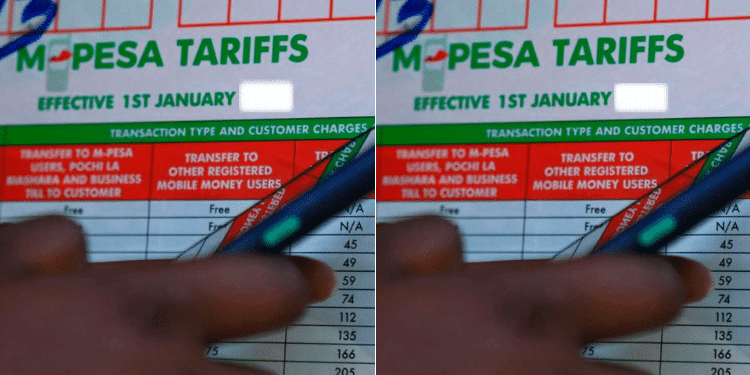The Central Bank of Kenya (CBK) has revoked the authorization of PayU Kenya Limited, a digital payments firm, effective 13th October 2025, following the company’s voluntary liquidation.
The move was announced via Gazette Notice No. 15014, signed by CBK Governor Dr. Kamau Thugge.
Liquidation and License Revocation
On 19th August 2025, PayU Kenya formally entered voluntary liquidation under Kenya’s Insolvency Act, citing unsustainable market conditions and inability to meet long-term operational costs.
The company notified CBK of its intent to cease operations and surrender its license.
CBK, acting under Section 15 of the National Payment System Act (2011) and Regulation 10 of the National Payment Regulations (2014), revoked the firm’s authorization.
The revocation was made public on 7th October 2025.
Competitive Landscape and Challenges
Despite its global backing, PayU Kenya struggled to gain traction in a market dominated by M-PESA, Airtel Money, and local aggregators like iPay and PesaPal.
The firm faced challenges including:
- Low brand recognition among merchants and consumers.
- High operational costs due to regulatory compliance.
- Limited consumer adoption in a mobile-first economy.
- Instability at Cellulant, its local partner, which faced internal restructuring and layoffs.
The firm’s tokenized fraud prevention systems and AI-driven analytics failed to differentiate it sufficiently in a saturated market.
PayU Background and Entry into Market
PayU Kenya launched operations in February 2019 as a subsidiary of PayU, a global fintech company owned by Prosus, the investment arm of Naspers.
The firm entered the Kenyan market in partnership with Cellulant, aiming to provide integrated payment solutions for online merchants across East Africa.
Its services included mobile money, card payments, and bank transfers, with a focus on e-commerce platforms.
PayU positioned Kenya as a regional hub, targeting expansion into Uganda, Tanzania, and Rwanda.
Challenges for Foreign Fintechs in Kenya’s Digital Payments Sector
PayU Kenya’s exit highlights the challenges faced by foreign fintechs entering Kenya’s tightly regulated and highly competitive digital payments space.
1. Stiff competition
Safaricom’s M-PESA controls over 90% of mobile money transactions, processing Ksh8.7 trillion annually.
New entrants struggle to compete with its network effects, agent infrastructure, and brand loyalty.
Other players like Airtel Money and T-Kash have limited market share, making it hard for foreign fintechs to gain traction.
2. Regulatory Complexity
Fintechs must comply with multiple laws:
- National Payment Systems Act (2011)
- CBK Act
- Digital Credit Providers Regulations (2022)
- POCAMLA (Anti-Money Laundering Act)
Licensing is mandatory for payment services, digital lending, and remittance operations.
CBK’s slow licensing process and strict compliance requirements also create delays and uncertainty.
3. AML and CTF Compliance Burden
Kenya is under FATF grey-listing, prompting tighter enforcement.
Fintechs must implement beneficial ownership transparency, transaction monitoring, and identity verification.
Non-compliance risks include Ksh20 million fines or seven-year imprisonment.
4. High Entry Costs and Infrastructure Demands
Building agent networks, integrating with telecoms, and securing USSD access are costly.
Also Read: KNH Official Charged with Theft of Tablets Worth Ksh 3.6 Million
Furthermore, interoperability challenges persist despite the introduction of the KE-QR Code Standard.
5. Funding and Capital Constraints
Venture capital is concentrated in a few high-profile startups leading to smaller or foreign entrants often lacking access to local funding channels.
Early-stage fintechs face difficulty scaling without local investor backing.
6. Consumer Trust and Localization Gaps
Kenyan consumers prefer locally developed solutions.
Foreign fintechs often fail to localize products, understand cultural nuances, or build trust.
Also Read: What Social Media Platforms Do To Your Account When You Die
Lack of market research leads to poor product-market fit.
7. Data Protection and Cybersecurity Expectations
Fintechs must comply with Kenya’s Data Protection Act (2019).
Consumers and regulators expect robust cybersecurity, data privacy, and fraud prevention measures.
Follow our WhatsApp Channel and X Account for real-time news updates.














































































